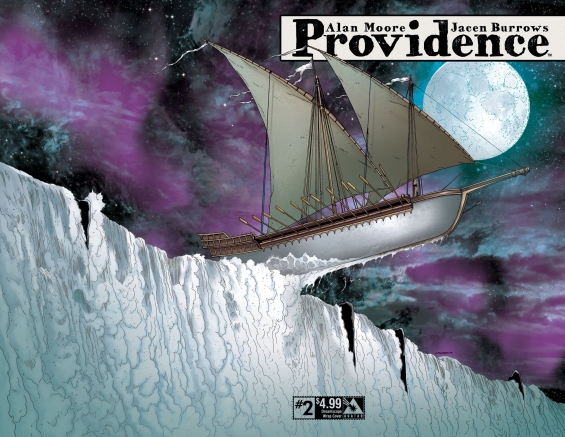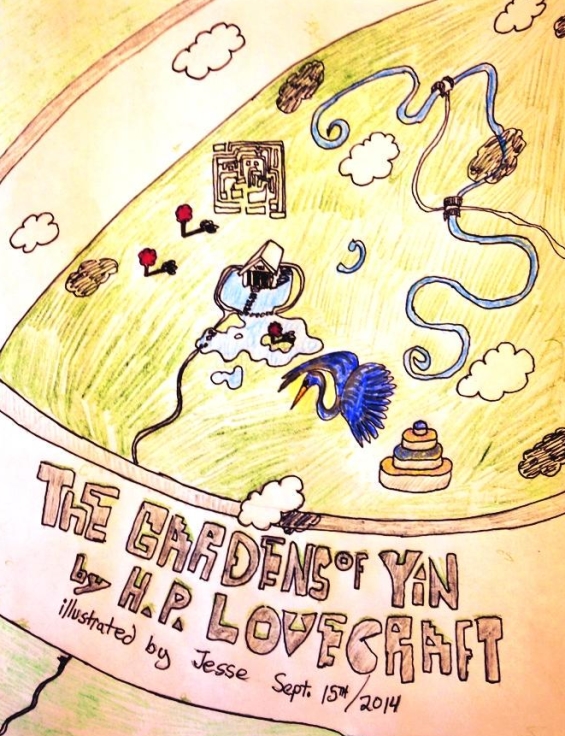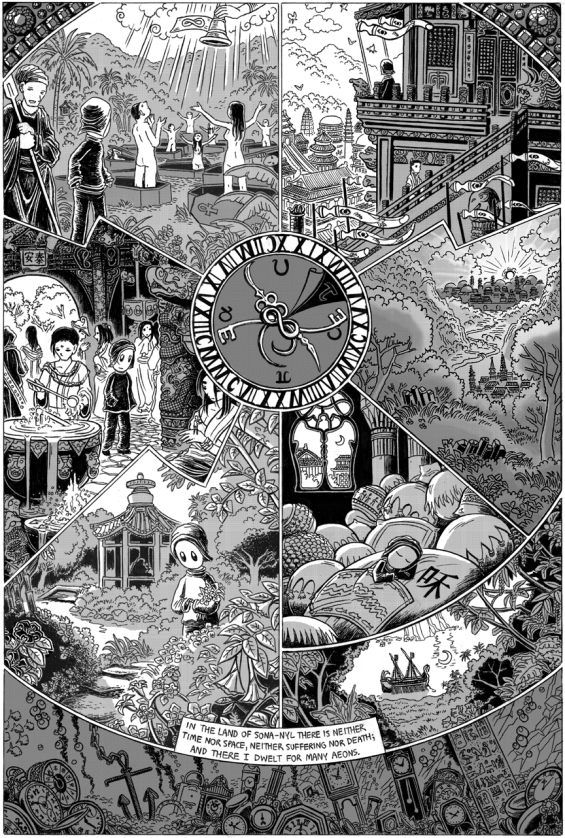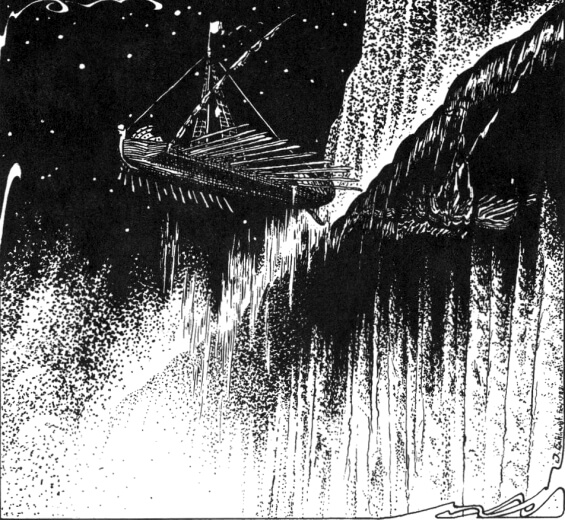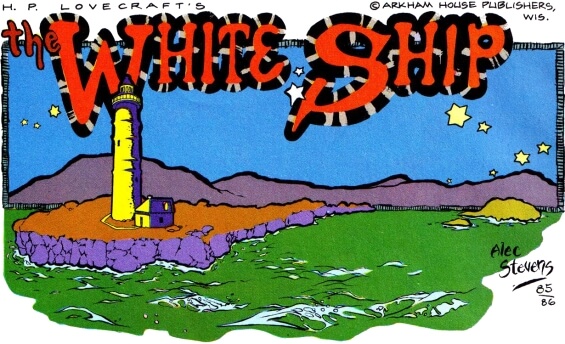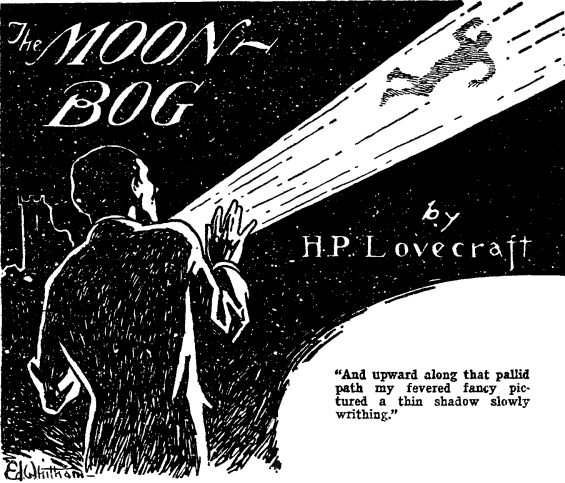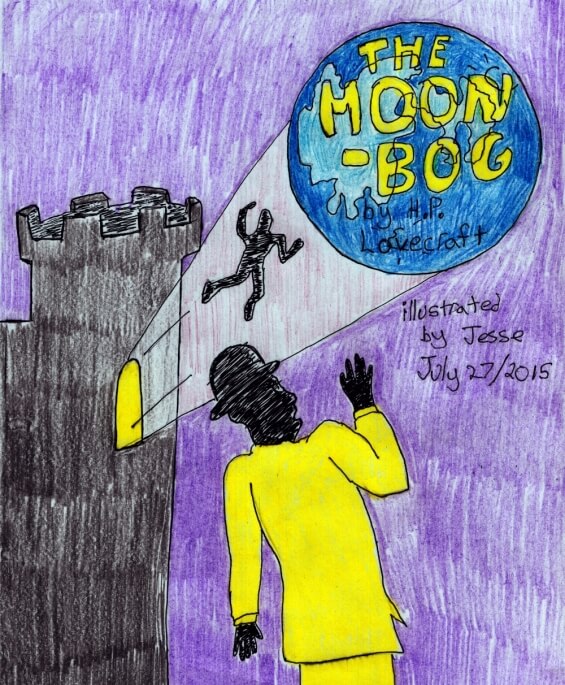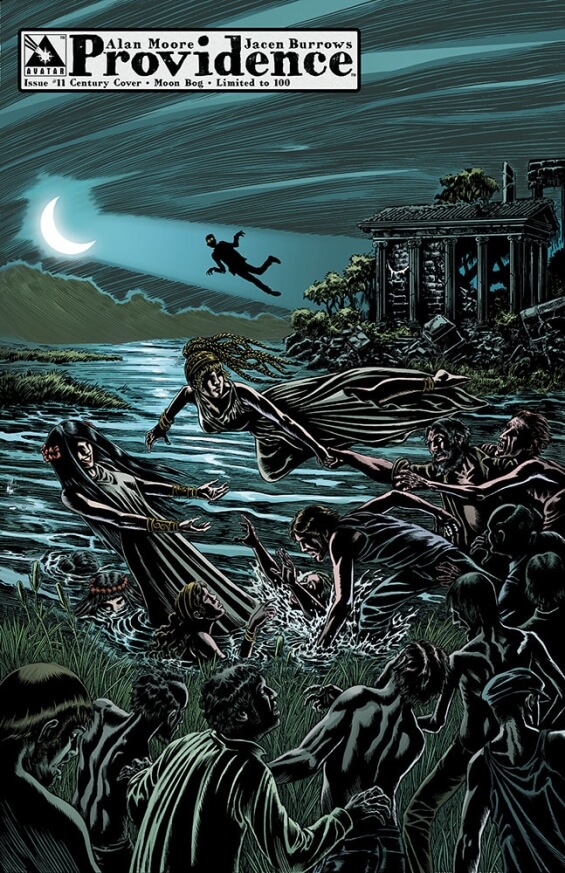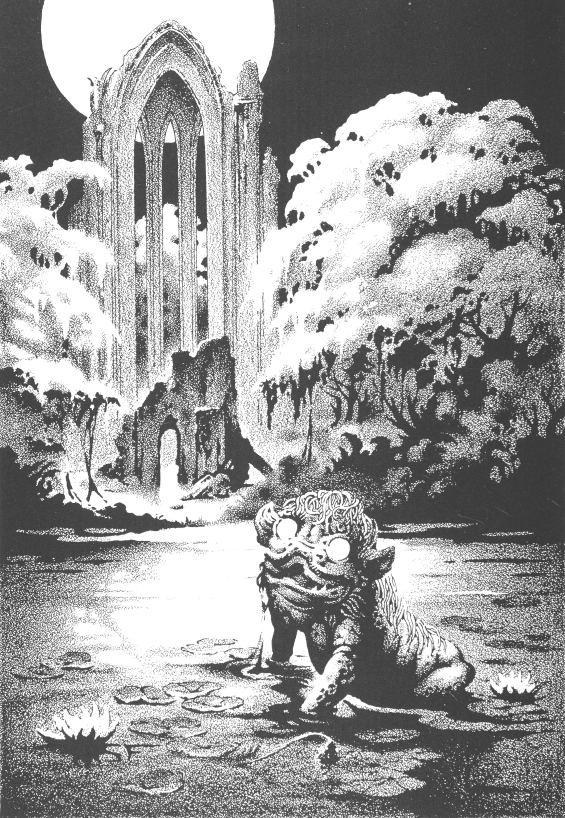
 The SFFaudio Podcast #410 – Jesse, Paul Weimer, and Maissa discuss Protector by Larry Niven
The SFFaudio Podcast #410 – Jesse, Paul Weimer, and Maissa discuss Protector by Larry Niven
Talked about on today’s show:
1973, Galaxy, June 1967, The Adults by Larry Niven, Phssthpok, the name of the ship, the cherubim, Lion, Ox, Human, and Eagle, baby angels, beaked, going deeper, the seraphim, Cherubism
Unhappy is he to whom the memories of childhood bring only fear and sadness. Wretched is he who looks back upon lone hours in vast and dismal chambers with brown hangings and maddening rows of antique books, or upon awed watches in twilight groves of grotesque, gigantic, and vine-encumbered trees that silently wave twisted branches far aloft. Such a lot the gods gave to me—to me, the dazed, the disappointed; the barren, the broken. And yet I am strangely content, and cling desperately to those sere memories, when my mind momentarily threatens to reach beyond to the other.
the end
For although nepenthe has calmed me, I know always that I am an outsider; a stranger in this century and among those who are still men. This I have known ever since I stretched out my fingers to the abomination within that great gilded frame; stretched out my fingers and touched a cold and unyielding surface of polished glass.
how the aliens are described, aliens, The Outsider by H.P. Lovecraft, previous encounters with Larry Niven, channeling all sorts of things, what did Maissa think?, a softer spot for Larry Niven, not sexist at all, Larry Niven’s best book, an abrupt ending, incomplete pieces, more Kobold, the artificial planetoid, Eden II, the first paperback release of Protector, a donut shaped planet with a tibit (Tim Horton’s), the belly button of the donut, donut holes, a monster or a fairy, Friday by Robert A. Heinlein, by all the Lords of Kobol, clicks, Battlestar Galactica, going Old Testament, going Mormon, a masterful novel, The Ringworld Engineers as a reprise of Protector, Ringworld as the light fun novel, the ending is so good, the horror, genocide, fighting for humanity, Roy Truesdale, tricking the nurses, fake cities, WWII, inflatable tanks, a page break, it seems only reasonable to novelize this report, that was fun, check the duplicate Stonehenge, the final three paragraphs, just behind this laser pulse, “I love you”, the novel is wrong, the Beowulf Shaeffer stories, Betrayer Of Worlds, Protector has enough space battle to kill actual space battle novel (barring crappy space opera space battles), space seeds, biological bullshit, a highly motivated character, deeply reasoned, a quasi relative, the opposite of X-Wings and Tie fighters banking in outer space, we love it anyway, exactly the opposite, cool vs. functional, steel jacketed, magnetic field, the thinking behind the space battles wipes out everyone (writer’s) abilities to write any more, a galactic chess game vs. high-stakes poker, sub-light relativistic space battles, positional effects, Rules Of Engagement (or maybe Master of Orion ?, C.S. Forester, broadsides in space, a Frederick Pohl editorial from 1963, Spacewar! (literally mentioned in this book), Asteroids, a right turn in space, that’s why Larry Niven’s the best, playing with the laws of physics and he doesn’t cheat, the Hal Clement essay, honest poker, the panspermia aspect, World Of Ptavvs, the slavers, Homo habilis from the stars, dna based, the Slavers did it, the Sea Statue, a dissertation of free will, two divergent visions of Creation, when god stays or leaves, no progress, still animals, the image of the Eye and the Garden of Eden, the Eye In The Sky, I can see you – I can see through bushes, no art, Brennan can see, a sense of whimsy, a fun character, was Brennan a fake?, Truesdale’s protector, motivation, take me to you leader, so playful, he is their leader, amazing, paying fees, Oldavai, Crete, still in the breeding stage, a good book, bunches of questions and points, building the Ringworld, a different library, an expedition to Earth, an expedition to star X, their achilles’ heel, Ringworld Engineers is all echoes, we needed this book, Alice as in Alice In Wonderland, she left pregnant, play in the fields, but do not touch…, tell her about the Bluebeard myth (aka The Castle Of Murder), an egg, a chicken is an egg’s way of making another egg, you do not want to open that door, you do not want to eat of those Trees, the solution to the mystery of the novel, everyone has been kidnapped is a descendant of Brennan, farming and cultivating descendants, Brennan monster is playful in his play, Vandervecken, making a myth he can enjoy, consciousness before being changed, the vampires get consciousness in Ringworld Engineers, does it help you to have whimsy, the jury is out, a message of despair, the Pak is coming, the Kzinti, The Mote In God’s Eye, hard lessons, genocide, moties, motivation by need, Brennan painting his spacesuit, biding his time, a medieval castle, progeny, deep down the point is art is good, if you’re smart enough there is very little free choice, Teela Brown’s luck, the same subject, the root is perpetuated by a virus, colonizing the pak, what is smartness except efficiency, crossing a continent, struggling with money, why do people want it, what is money anyway?, money is food, keeping your food safe with food, why does Trump need more money, operating as a logical creature it is to make his progeny better off, it worked for Genghis, inheritance, straight out the genes, what motivates people, biological determinism, everyone needs motivation, stop eating, grasping after fake visions of punishment (or reward), a “death wish”, like Phssthpok I’ve made all human children my beneficiaries, the Public Domain PDF Page, a hip street, channeling Frank Sinatra, taking photographs, not sanguine, Larry Niven’s own financial circumstances, writing SF for a long period of time, Greg Bear, Halo novels, Blood Music don’t put money on the table, Niven’s work is playful, the reason for Niven’s renown, making the piece the best piece it can be, Gregory Benford, Bowl Of Heaven, collaborations, there are no spoilers,
Larry Niven proves a point here. Most other authors would be tempted to tell a story of this magnitude in a trilogy consisting of thousands of pages. Niven does it in a little over 200 pages. Granted, he keeps the featuring cast down to only a few individuals. But still…
-Dirk Grobbelaar
Among Others by Jo Walton, all his human characters blur together, Walton has a point, psychoanalyzing, SF isn’t a costume drama, John W. Campbell’s challenge: write me an alien that thinks as well as a man but unlike a man, Isaac Asimov’s The Gods Themselves, Arrival, the story and the movie, Understand by Ted Chiang, Limitless (2011), and the rightly cancelled Limitless TV series, like the Minority Report TV show, from the sub-conscious to uplift and unconscious and conscious, Flowers For Algernon, flourishing and protected, seeing the manipulation happening, Sherlock Holmes, seeing the pattern no one else can see, intelligence, politics and the failures of politics, intelligence vs. manipulation, a smart person doesn’t gamble unless they know it isn’t a gamble, a war longer than the quagmire of the Vietnam War, all of that struggle, that’s the opposite of intelligence, Niven is right about intelligence and options, Brennan is not as bound, the golf course, did Brennan ever play the golf course that he built?, this would be good, having thought those through, how we see Brenna when he interacts with his Adam and Eve, he runs, the next thing that needs to be done, the efficiency we gain as adults, pretending to play dolls, the exigencies of adulthood, being a smart adult, I put away childish things, playing with LEGO, an angle to attack, LEGO as a awards, appreciating the enjoyment of play, having consciousness of his childhood, creations for a purpose, sharing vs. hoarding, pondering deep things, the mother vs. the father, Brennan’s modified suit with the Mother and Child, a savior figure, he’s the Madonna, their garden, playthings for the children, the Sol system is Brennan’s garden, have you noticed you haven’t had war?, exterminating the Martians, The Organleggers, capital crimes, China, the horror of rationality, organ transplantation, the RNA sequence, wiping your whole mind, the premise of Philip K. Dick’s Paycheck, Rammer by Larry Niven, A World Out Of Time, greater than human intelligence, we were manipulated into it, The Draco Tavern, playful comedic pieces, here’s a problem of science and here’s my solution, jokes, a whole subgenre of bar stories, The Callahan books by Spider Robinson, Lord Dunsany’s The Jorkens Stories, Arthur C. Clarke’s Tales Of The White Hart, chirality, thalidomide, an iceberg, Known Space, just one of Niven’s playgrounds, Hard Fantasy, The Magic Goes Away, as you use magic you deplete a natural resource, magic carpet, a dead spot, and back in these days amoeba were the size of whales, that’s how little magic is left, a Niven disc, a sense of sadness, set in the time of Atlantis, The Goblin Reservation by Clifford D. Simak, Niven as an efficient writer, jarring transitions, needing an editor, better than Clement, sex, a vitality, the weather is a little to clement in Clement’s world, Harry Stubbs, revisiting Protector, given Tree Of Life now Paul would… stop eating? wiping out half of humanity for reasons known only to him… in the New World Order, remaining human, being a mom, maternal feelings, a screaming red thing that came out of your body, are Protectors more like moms than dads?, genderless, oh sweetie, killing off all the creatures that threaten her children, warlike, a mother wouldn’t do that, is Niven right?, if you’re smart enough are their fewer and fewer courses of action?, the Teela monster, pretty sure Niven was never a mom, fierce viking grandparents, no free will, different motivation and different results, why does Brennan wait to convert Truesdale, poor Brennan, too much talking baby-talk, gender as an honorific, Protector Mom (please don’t write this as a sequel), something really original, a creation so original it is like a dragon or an elf, seeing the cat vs. monkey you’ve always wanted, the super-strong hominid vs. the intelligent tiger, Speaker vs. Teela, as Douglas Adams put it “Humans are not proud of their ancestors, and rarely invite them round to dinner.”, we got our own stuff going, the Traveller universe, most excellent.






Posted by Jesse Willis

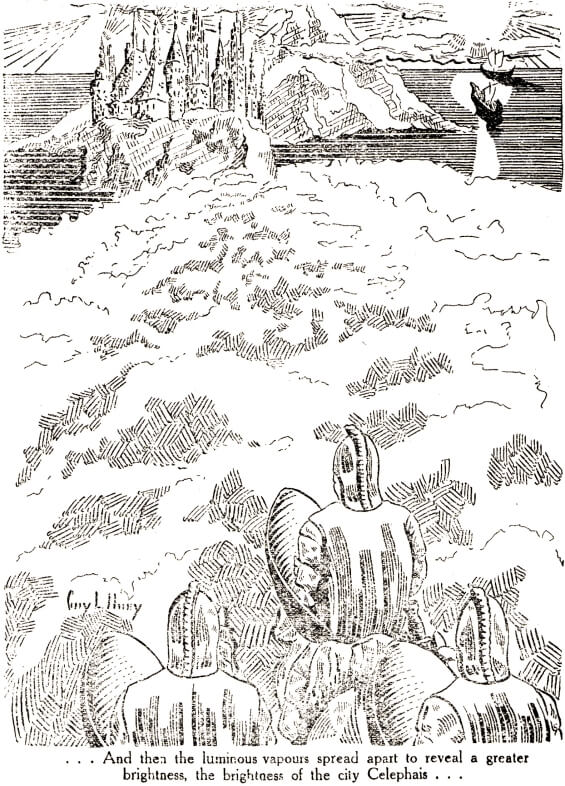
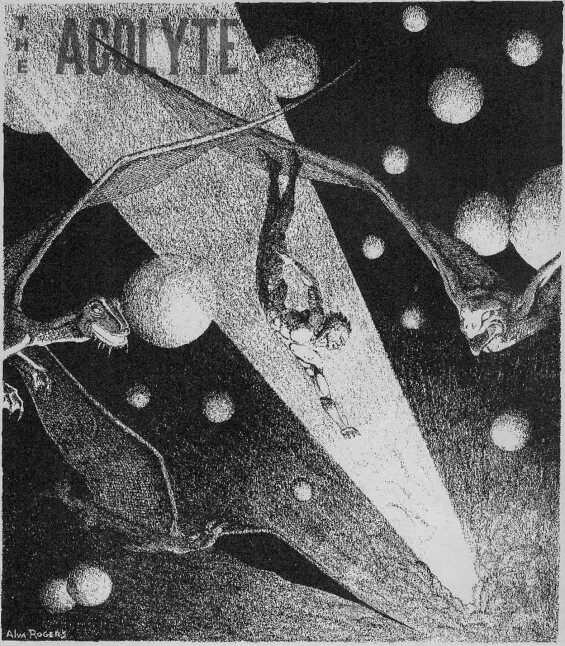
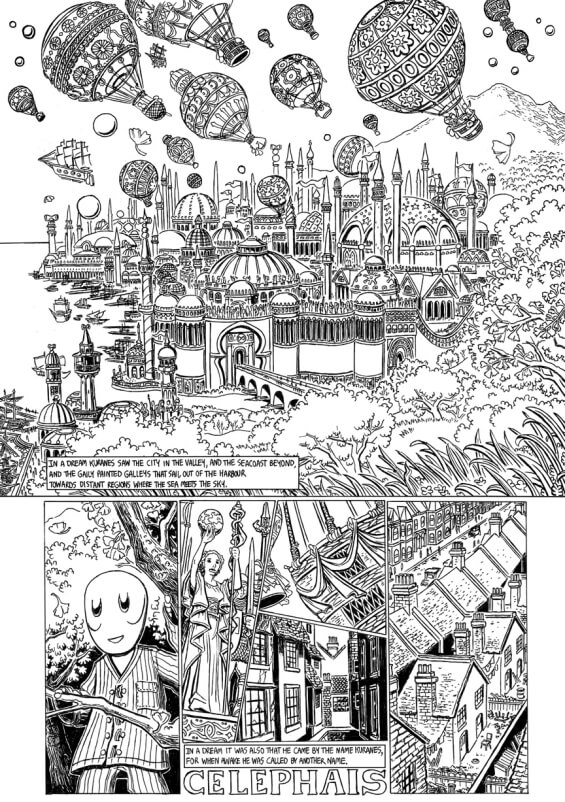
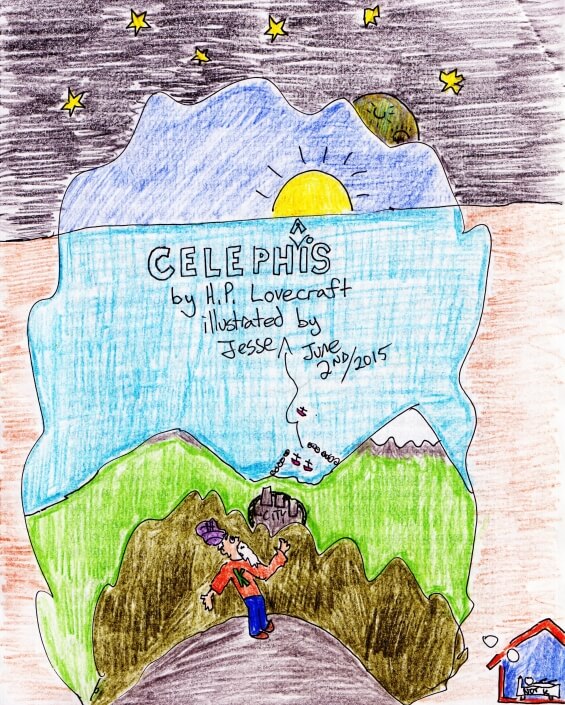
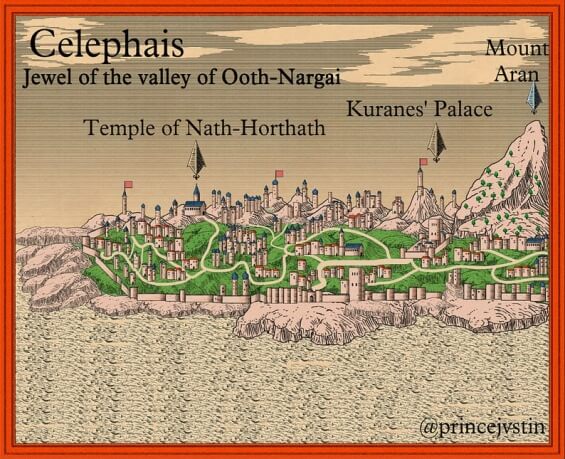
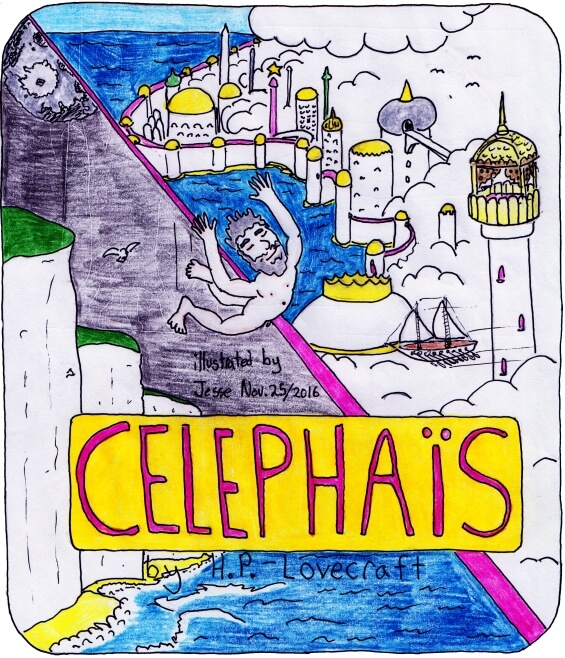
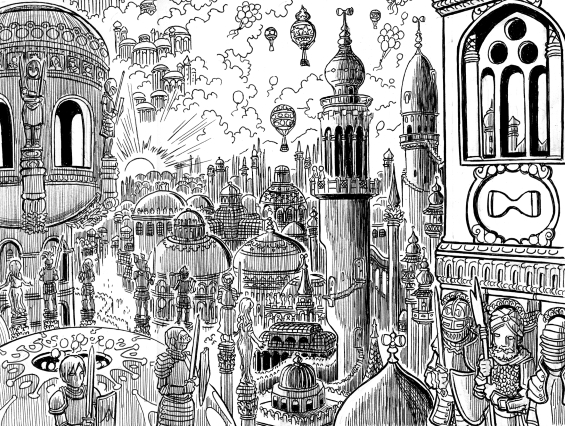
 Reading, Short And Deep #038
Reading, Short And Deep #038

